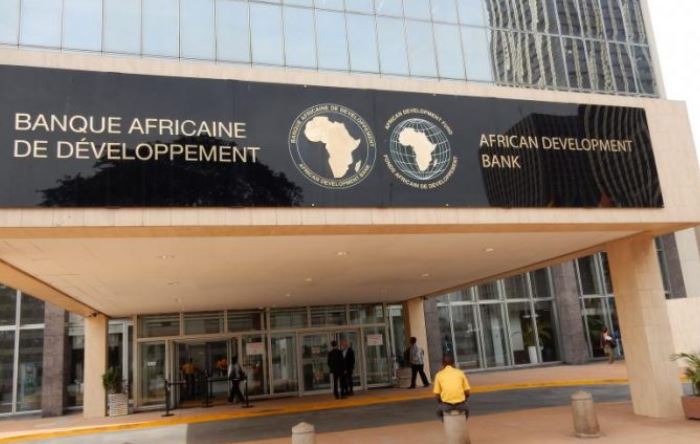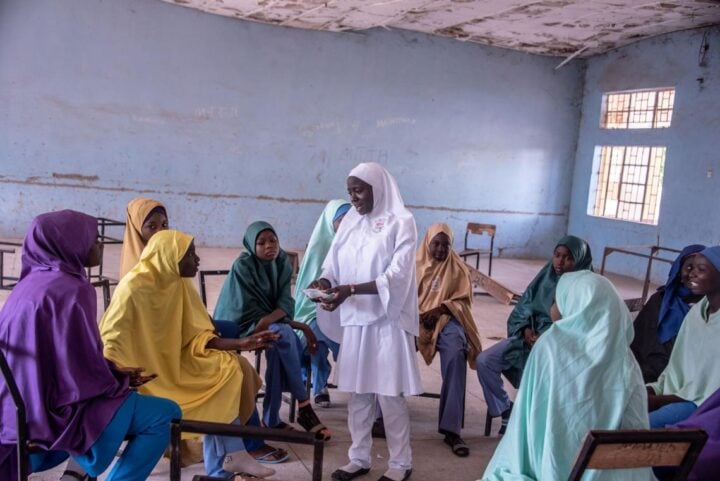The African Development Bank (AfDB) says Nigeria requires strong private sector investments to meet its climate change and green growth goals.
In its “Nigeria Country Focus Report (CFR) 2023″, AfDB said the mobilisation of private sector climate finance is critical in meeting the 2030 nationally determined contribution (NDC) targets of the country.
The bank said Nigeria needs an annual investment of $20.5 billion in renewable energy, sustainable transport and waste management.
The organisation noted that the strength of the private sector to finance climate change initiatives in the country lies in its ability to harness the interest of investors, investment funds and credit institutions.
Advertisement
According to the report, public sector in Nigeria is lacking the resources needed to address the country’s climate crisis, as well as its transition to a more sustainable and resilient growth pathway.
“Nigeria’s climate financing needs over 2020 to 2030 was estimated at $247.3 billion – annual average of about $22.5 billion,” the report reads.
“Of this amount, mitigation activities constitute the largest proportion (71.5 percent) of the financing needs, estimated at $177 billion.
Advertisement
“The total climate financing gap is $20.5 billion per annum, required for investment in renewable energy, smart agriculture, sustainable transport, water and waste management solutions.
“Nigeria targets a reduction in greenhouse gas emissions of between 20 percent and 45 percent by 2030.
“Investment in climate-smart and green growth ambitions will only be possible with enhanced private sector participation, from the current 22.1 percent of the country’s total climate finance, which, although higher than the average for Africa (14 percent), remains low for the size of the Nigerian economy.
“To close private sector financing gap with a 25 percent contribution ($4.8 billion) will require an annual growth rate of 26 percent in private sector climate resources.
Advertisement
“For a 50 percent contribution, funding would need to increase by 33 percent.
“To fully close the gap will require a growth rate of 42 percent in private sector financing. This is far higher than the rate required for the West Africa region of 26 percent.
“Thus, if adequately incentivized, Nigeria’s large private sector, non-financial and financial corporations and small and medium enterprises could contribute to filling the climate financing gap.”
Advertisement
Add a comment





